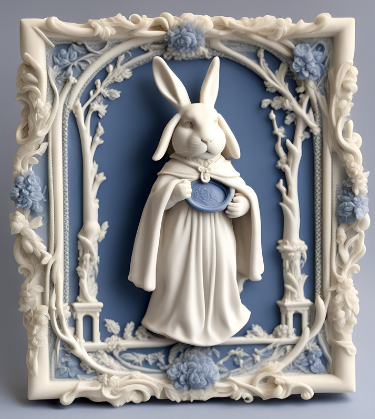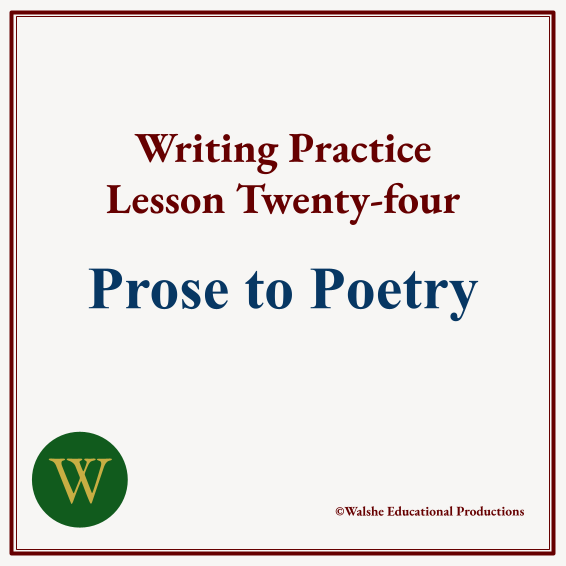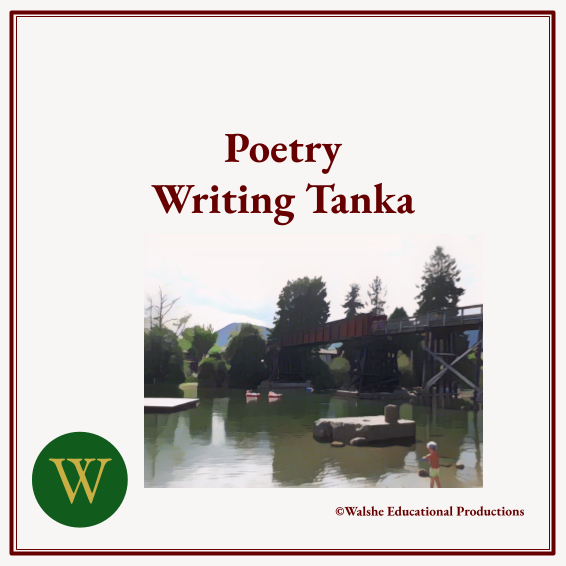poetry

What is Poetry?
The most accurate way to define poetry is to say what it isn’t. It isn’t ordinary. It isn’t the default form for most communication. It isn’t prose.
The fact of poetry’s difference, of its separation from the ordinary, is its most enticing feature. Uncommon expression attracts attention. Literary devices like deliberate rhythm and rhyme, unusual diction and unexpected word order grasp the reader who then absorbs a poem’s message while following its unusual features.
Like music, poetry’s most frequently observed characteristic is its emotional content. Whether by tradition or by inherent human preference, poetry has always been the medium of choice to discuss strong feelings.
How To Write Poetry
Poetry can be free and spontaneous or written according to prescribed rules.
Some writers enjoy the challenge of expressing themselves within the strict limits of a poetic form, while others choose to
write freely or to invent a form that suits their message.
Regardless of what style or form a poet prefers to use, poetry will be recognized by its difference from prose. A good way to see this difference is to rewrite ordinary, prose writing as poetry. The free lesson linked below includes definitions of poetic forms and examples showing how prose can be turned into poetry.

Click below for a free, summer themed lesson in writing tanka, a Japanese poetic form similar to haiku:

For more lessons in poetry and lessons in fiction writing, rhetoric, grammar, vocabulary and logic, click on the link below to reach my Teachers Pay Teachers store.